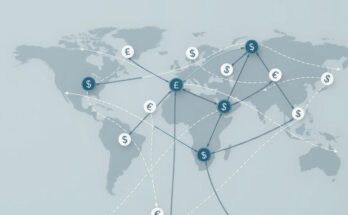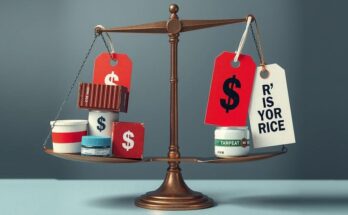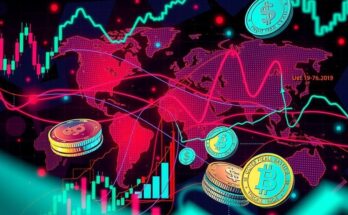Since taking office, the Trump administration has controversially reintroduced tariffs aimed at enhancing U.S. economic and national security, notably imposing a 25 percent tariff on all steel and aluminium imports. The rapid formulation of these tariffs surprised many commentators, revealing a strategy reflective of the longstanding economic theory known as import substitution industrialization (ISI). This approach seeks to stimulate domestic industry by levying tariffs to shield local “infant industries” from foreign competition, fostering growth but fraught with potential economic disruptions.
Historically, Alexander Hamilton championed ISI principles as the first U.S. Treasury Secretary. In his influential Report on Manufactures, he advocated for support in nascent industries through moderate tariffs and subsidies, presuming that a robust industrial economy would attract ambitious immigrants. However, these policies raised prices in the agrarian sector and sparked controversy over using government funds to subsidise industrialisation rather than rural development. Such tensions sowed discord, setting the stage for sectional disputes, with Hamilton’s ISI model ultimately stabilising due to British missteps in policy.
In more recent times, ISI has gained traction in emerging economies, especially in Latin America. Raúl Prebisch emerged as a pivotal figure in this resurgence, advocating for economic independence from developed nations. However, the reliance on heavy borrowing within Latin America during the 1960s and the subsequent oil shock of the late 1970s led to financial collapse for many, marking a cautionary tale on the perils of ISI policy. This consensus led to a global shift towards free trade, embodied by the establishment of the World Trade Organization.
The implications of the Trump administration’s reintroduction of ISI policies revive the age-old debates of winners and losers in economic schemes. Similar to Hamilton’s era, current tariff policies are likely to adversely impact sectors reliant on affordable imports. Furthermore, controversies surrounding subsidies for domestic industries persist, as legislative support can waver. Lastly, while the U.S. is not directly comparable to the indebted Latin American countries of the past, the debate over national debt levels versus GDP remains intensely discussed, with potential risks looming on the horizon.
In summary, the Trump administration’s embrace of import substitution industrialisation reflects a historical strategy to protect and grow domestic industries. Yet, the looming threats of global economic repercussions and internal discord echo the complex saga of ISI’s past. The weight of these decisions could reverberate throughout the U.S. economy and its international partners, as the historical lessons of ISI remind us of the delicate balance between protectionism and global economic health.
The Trump administration’s tariff imposition revives import substitution industrialisation (ISI), aiming to protect domestic industries. Historically practiced by Alexander Hamilton, ISI presents both opportunities and threats, exemplified by failures in Latin America. The current policies risk creating economic disparities within the U.S. and could have global ramifications, highlighting the complexities of protectionism in today’s interconnected economy.
The revival of import substitution industrialisation (ISI) under the Trump administration attempts to safeguard U.S. industries but carries significant economic risks. Historical precedents, such as Hamilton’s policies and Latin America’s tumultuous experience with ISI, underscore the potential for creating uneven economic landscapes and severe global implications. Given the interconnectivity of modern economies, any misstep could provoke broader economic turmoil, emphasising the need for meticulous policy consideration.
Original Source: www.cfr.org



